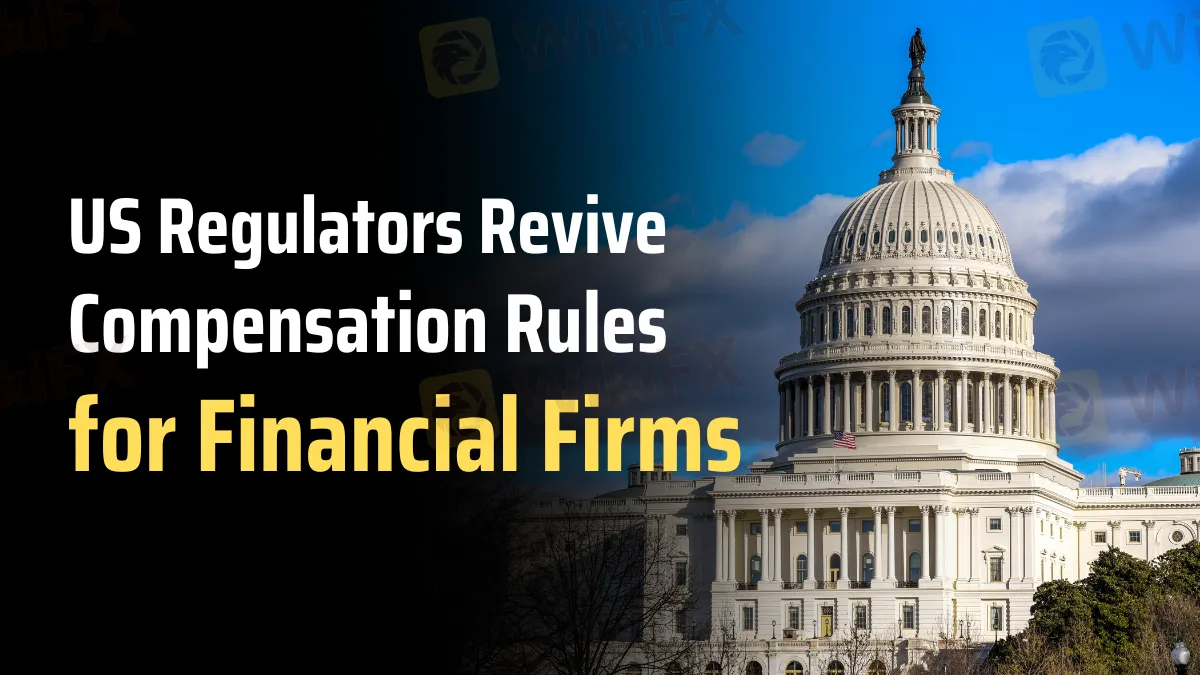Abstract:Federal agencies propose risk-sensitive executive pay plans to prevent excessive risk-taking.

Significantly, US bank authorities have rekindled attempts to put into effect long-delayed compensation regulations meant to increase the risk sensitivity of CEO pay schemes in financial companies. The regulation, proposed jointly by the Federal Deposit Insurance Corporation (FDIC), the Office of the Comptroller of the Currency (OCC), and the Federal Housing Finance Agency (FHFA), would outlaw incentive-based systems that do not consider risks or permit pay forfeitures and clawbacks. This repeated attempt is part of a larger effort to improve financial stability and stop CEOs of financial institutions from taking on too much risk. It follows a 2016 plan.
FDIC Chairman Martin Gruenberg emphasized the need to address unfair pay practices, particularly in large financial institutions. Such behaviors, he said, may have a huge influence on the whole financial system. The bankruptcy of Silicon Valley Bank the previous year brought to light the need for strong compensation regulations to reduce risk.
Industry players have criticized the plan, however. The new regulations would apply to banks with assets over $1 billion, with the harshest restrictions imposed on those with holdings exceeding $250 billion. Representing bigger banks, the Bank Policy Institute wrote down the proposal as “purely political.”
Because the FDIC, OCC, FHFA, National Credit Union Administration, Securities and Exchange Commission, and Federal Reserve all need to agree, putting these regulations into practice has been difficult. While the NCUA is anticipated to approve the idea shortly, the SEC has it on its calendar for rulemaking.
Jerome Powell, the Federal Reserve chairman, has not pledged to issue the rule this year. Powell wanted a strategy that effectively handled the risks involved with compensation and emphasized the need to understand the problem. The government delegate emphasized the need to consider existing industrial practices and reiterated the commitment to cooperate with other authorities.
Finalizing any new regulations requires public input. The agencies will keep getting comments on their websites as long as none of the regulators provide a coherent plan. The redoubled attention on compensation regulations highlights the continuous efforts to protect financial stability and encourage prudent risk management in the sector.










